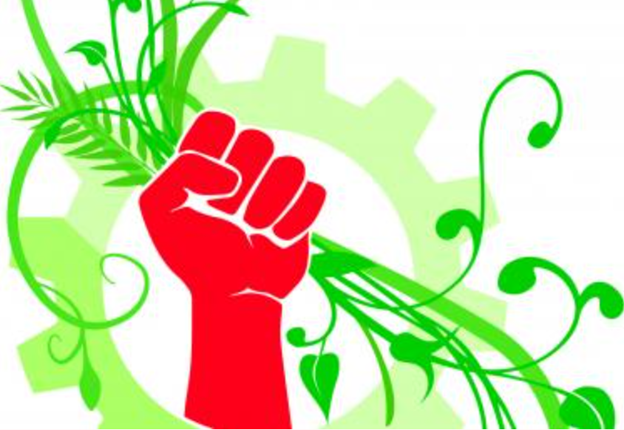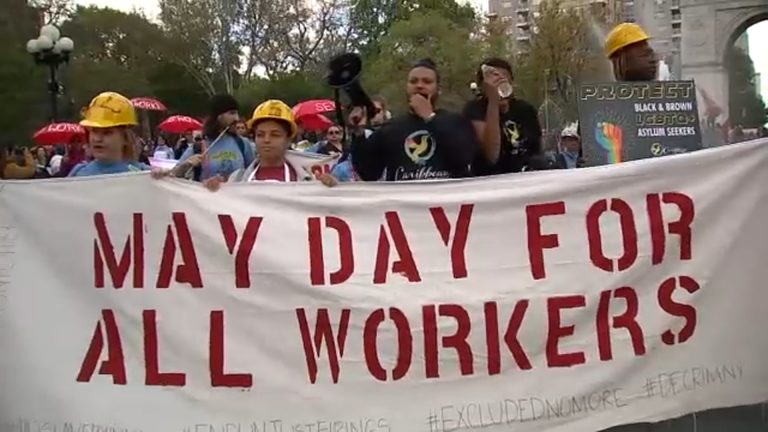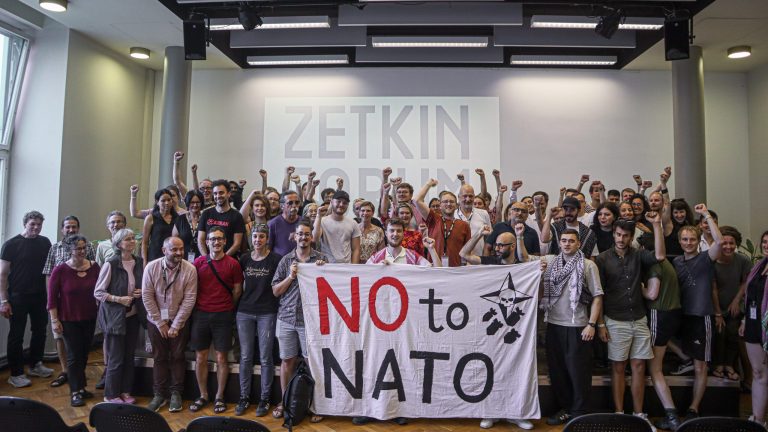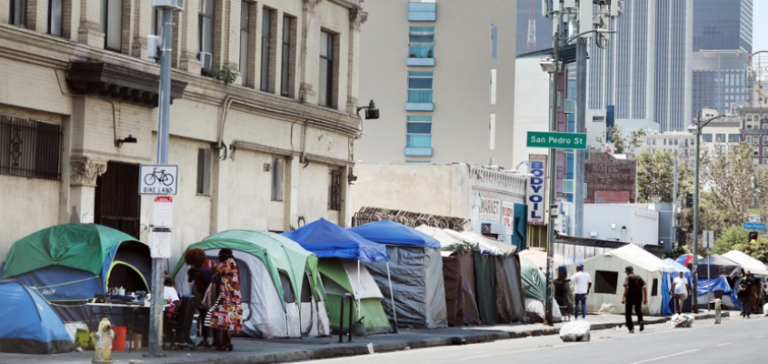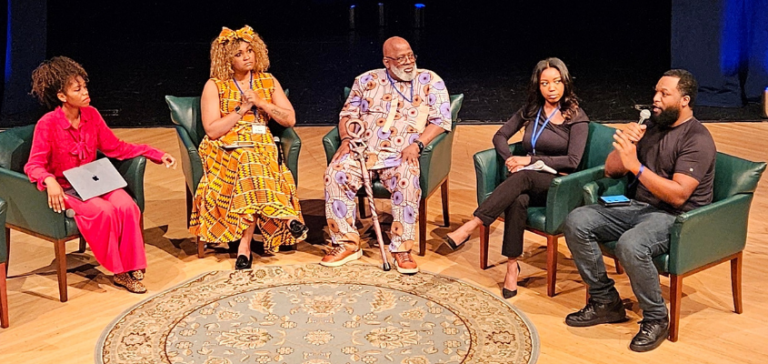For An Eco-Communist Alternative To Degrowth And ‘Luxury’ Communism
In his new book, Rojo fuego. Reflexiones comunistas frente a la crisis ecológica (Fiery red: Communist reflections on the ecological crisis), Argentine Marxist Esteban Mercatante takes aim at capitalism as the root cause of the “multidimensional” ecological crisis, while engaging in important dialogues with ecological currents such as degrowth and ecomodernism. Against these, Mercatante argues for an “eco-communist” strategy, focused on labour as the agent of both its own emancipation and the qualitative transformation of society’s relationship with nature, as the only means to avoid disaster.
With the book only available in Spanish, Federico Fuentes from LINKS International Journal of Socialist Renewal spoke to Mercatante.

